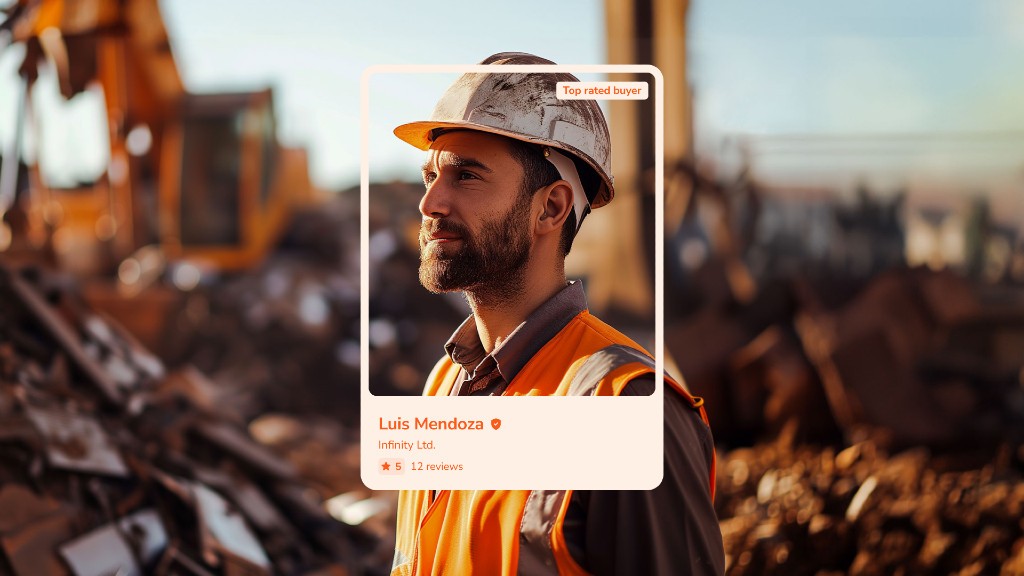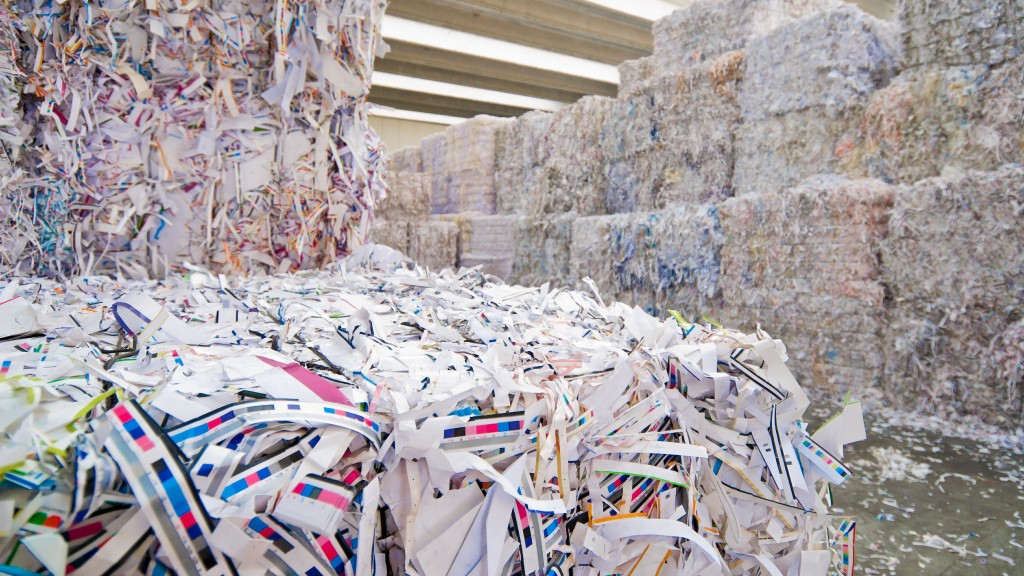
Buddy will debut a marketplace for B2B metal recyclables that connects buyers directly with sellers. Designed by founders who have spent over three decades in the industry, Buddy says that it is the first platform ‘for scrappies, by scrappies' and the only relationship-led marketplace to build the trust needed to conduct trades digitally. The app will help support the $348B metal recycling market's transition from manual to digital procurement processes, including post-trade administration.
"Most trades are currently conducted using disparate systems and manual processes, creating errors, wasted resources, and a myriad of business risks for recyclers. What's more, most marketplaces out there are ‘managed' – they anonymize both sides of the transaction, buying for as low as possible and selling for as high as possible. This doesn't create a pathway for sellers and buyers to build relationships with their counterparties," says Stuart Kagan, co-founder of Buddy.
Buddy's goal is to match sellers with appropriate buyers, enabling them to trade efficiently and directly with vetted partners.
"We're highly selective about who we welcome into the marketplace and the bar for entry is high to ensure we maintain an ecosystem of trust. We hop on a plane so our members don't have to – our team has done the hard work, including site visits and quality checks," explains Stuart.
With the demand for recycled metal at an all-time high, Buddy has buyers across 19 different countries – including South Korea, China, India, Vietnam, Dubai, and Germany – signed up and onboarded.
Buddy will launch the app to metal recyclers from North America, Australia, and New Zealand from April onwards at the ISRI2024 Convention and Exposition in the US and the Bureau of International Recycling's (BIR) World Recycling Convention and Exhibition in Europe where sellers will have an opportunity to meet the team and apply to join as a verified seller.
"Most companies use WhatsApp, email, and spreadsheets as their trading tech stack to collectively trade hundreds of billions of dollars. The industry is missing out on the efficiencies and accuracy that comes with end-to-end process digitization. What's more, without comprehensive and integrous data sets, the industry has no basis to leverage the latest in technological advances such as machine learning and AI," comments Buddy Co-Founder Lisa Kagan.
With Buddy, members will have access to structured data for analysis and decision-making. Buddy says that its platform enables real-time data analysis – including a customizable dashboard to support data-driven decision-making. The app allows a company to use parameters including pricing, shipping costs, and ratings and reviews to assess the viability of each trade.
"Through Buddy, we gain access to a significantly larger volume of recycled metal through a diverse range of trusted sellers. With Buddy, we can see who we are buying from and can hold them to account through the platform's ratings and reviews. The platform also streamlines the entire trading process, from initial offer to the final contract, and the app is really intuitive and easy to use," says Michael Pawlowski, owner of Oryx – a buyer of recycled stainless steel.
"Buddy gives us access to a wider network of buyers. The trading process is quick and easy, and takes care of all our back-office admin, giving us the ability to capture and analyze our trading data," says Matthew Smith, owner and vice president of trading and operations at Niles Iron & Metal Co. LLC, in Ohio, USA.
Buddy has also partnered with integration partners for freight, foreign exchange, trade finance, and market data and was built in partnership with Palom, whose portfolio includes startups such as Chemcloud and Afterpay.
Every user has a profile and Buddy captures multi-media content on-site so counterparties can ‘get to know' each other. Buddy supports trades on any inco terms and any payment terms and it supports direct negotiation between counterparties.
"Steel production makes up a third of the world's total carbon emissions and using recycled metal in the melting process can reduce these emissions by 80 percent – but it's critical to achieve a more reliable and sustainable supply of recycled metal," says Lisa.


